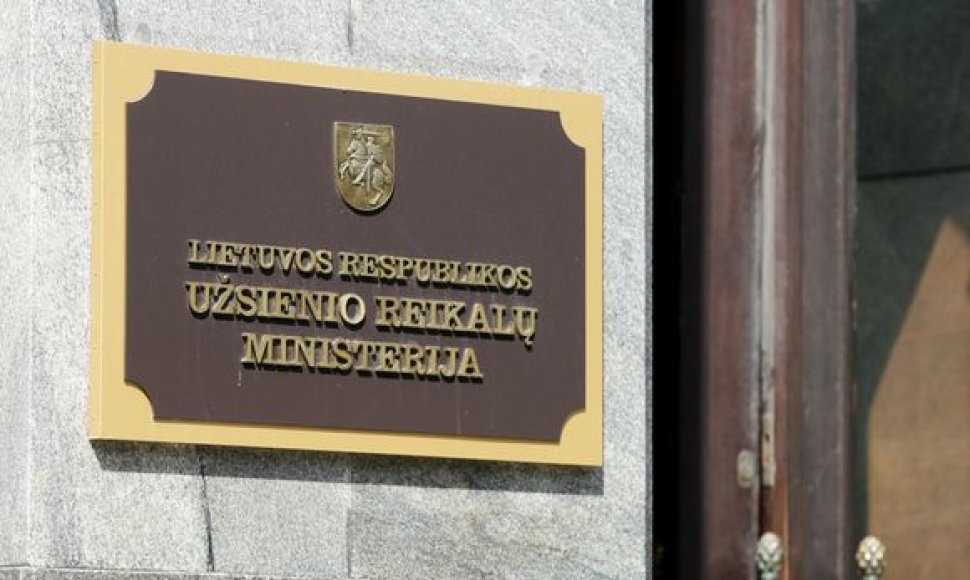For the law to be adopted, it requires a green light from the government and the parliament. The Foreign Ministry said legal regulation of development cooperation was "of temporary character and below a sufficient level, although allows proceeding with policies in this field."
Lithuania has earmarked over 20 million litas (EUR 5.8m) over the past four years.
"The law will provide legal regulation of uninterrupted implementation of Lithuania's cooperation policies, which is one of the fields of foreign policy, and execution of international commitments assumed in the area," the ministry said in a comment to BNS.
"It will regulate public relations in connection to activities of development cooperation financed from the state budget and municipal budgets and provision of humanitarian aid to foreign countries, also facilitating legal preconditions for rapid response to humanitarian aid requests form foreign countries," reads the comment.
According to the statement, the new law would also create better conditions for "rallying civil society and more active inclusion of non-governmental organizations." The ministry also noted that development cooperation had "not received sufficient attention from politicians and the society."
"It is increasingly important for Lithuania, as a fully-fledged EU member and an international donor, to respond to calls for help fast and in time in order to be visible among other donors, although with limited resources," diplomats said.
According to data provided by the ministry, development cooperation was granted 6.5 million litas in 2009, 6.1 million litas in 2010, 5.3 million litas in 2011 and 5.3 million litas in 2012, with projects implemented in Afghanistan, Belarus, Georgia, Moldova, Ukraine, Russia's Kaliningrad region, Palestine, Azerbaijan, Tajikistan, and Tunisia.
Countries of the European Union had committed themselves to set aside up to 0.17 percent of their gross domestic product (GDP) for international aid by 2010. Lithuania earmarked 0.1 percent in 2010, with the GDP share expected to reach 0.33 percent by 2015.












